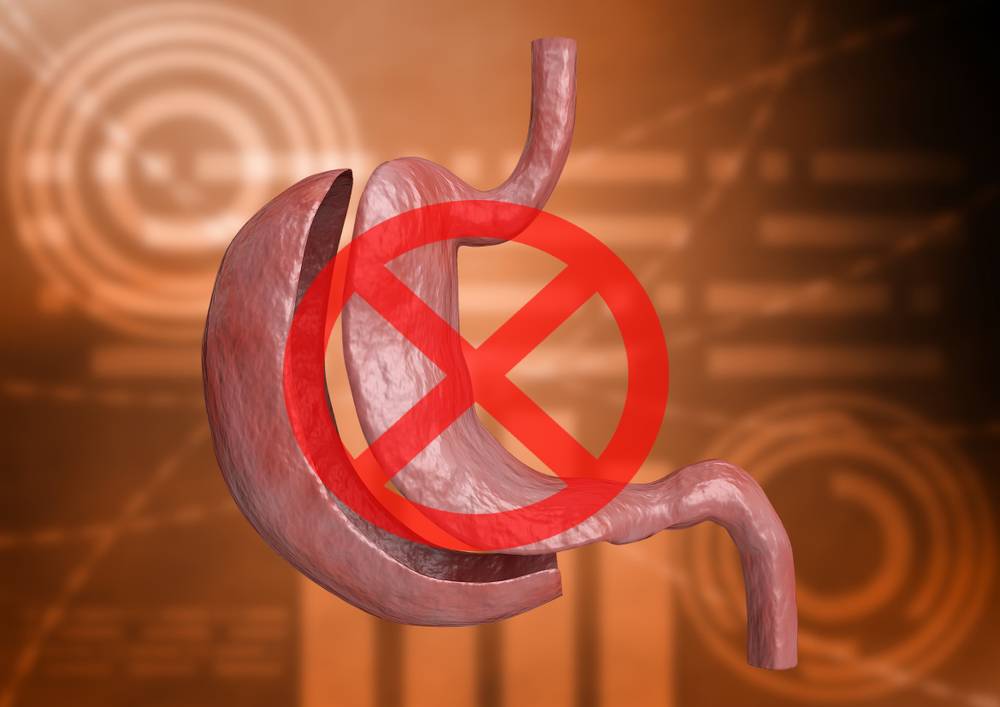Most surgeons perform laparoscopic bariatric surgery, a minimally invasive procedure that involves tiny incisions and insertion of a small, tubular instrument with an attached camera.
Although bariatric surgery has high success rates, it has short and long-term complications, depending on the patient’s response to the procedure. Therefore, knowing the physical and mental effects of bariatric surgery is essential.
Get $500 Off on Bariatric Surgery In Miami
What Does Bariatric Surgery Do to You?
The primary objective of bariatric surgery is to decrease food consumption and optimize nutrient absorption. The surgeon cuts your stomach’s upper area and seals it from the rest of the digestive system.
As a result, you have a small pouched-sized stomach that holds about an ounce of food. The purpose is to lower weight dramatically and prevent the risk of chronic health conditions.
Who is the Ideal Candidate for Bariatric Surgery?
An ideal candidate for bariatric surgery has BMI equal to or above 35 and has one or more obesity-related health conditions, such as high blood pressure, sleep apnea, non-alcoholic fatty liver disorder, gastrointestinal diseases, cardiovascular illness, lipid abnormalities, osteoarthritis, etc.
What are the Reasons not to have Bariatric Surgery?
Although bariatric surgery is an excellent treatment option for people with obesity and morbid obesity, several reasons prevent people from undergoing this procedure. Let us discuss those reasons!
Low Body to Mass Index (BMI)
People with lower BMI do not qualify for bariatric surgery. Although people with BMI under 35 can undergo gastric sleeve and some studies have validated its efficacy, there is not enough evidence regarding the surgery’s efficiency in a broader population. Therefore, if you have BMI less than 35, you must not undergo bariatric surgery.
Poor Health Status
Poor health status is another reason not to have bariatric surgery. You should avoid bariatric surgery if you suffer from physical or mental conditions, such as blood clotting disorders or depression.
Likewise, people with chronic heart disease and stroke symptoms can’t undergo bariatric surgery even if their BMI is above 35. The reason is that anesthesia can negatively affect the patient’s condition and increase the risk of death.
Tobacco Addiction
Tobacco addiction or smoking cigarettes makes you vulnerable to slow healing and rapid development of incision-site infections. Tobacco or nicotine prevents blood vessels from transporting oxygen to the incision site and speeds up surgical wound healing. Slow wound healing causes bacteria to accumulate at the incision site and develop infections.
Not Having Enough Budget
The average cost of bariatric surgery in the United States is between $15,000 and $23,000. Although most insurance companies cover this procedure, you must meet the company’s qualifying criteria or requirements.
In addition, costs vary based on your location, and if you don’t have insurance, the surgery can cost a lot of money because you have to pay out of pocket. Therefore, if you don’t have enough money to undergo bariatric surgery, look for other options, such as cool-sculpting or laser-based cosmetic surgery to remove stubborn fatty tissues from your body.
Surgery May Cause Mental Issues
According to UPMC, bariatric surgery can negatively affect patients’ psychological health by altering the hormonal balance in the brain. The study highlights that 23% of patients who undergo bariatric surgery may have chronic mental conditions, including anxiety, stress, depression, behavioral changes, mood disorders, or binge eating disorders.
Surgery May Cause Infections
Bariatric surgery patients are more prone to infections at the incision site if they fail to follow the postoperative instructions. A pocket of fluid will develop following the procedure. Bacteria is the primary cause of fluid production, leading to infections and abscesses.
A study published in BMJ highlights that anastomotic leaks are the most dangerous complications of weight loss surgery, including different bariatric procedures. The study concludes that anastomotic leaks increase morbidity rate by 61% and mortality rate by 15%.
Surgery May Cause Chronic Ulcers
Bariatric surgery, such as gastric bypass, can lead to a Gastrogastric fistula, a complication that causes bleeding at the ulcer’s site. The stomach lining can cause perforation at the ulcer site and block food movement through the digestive system. Chronic ulcers can lead to gastric obstructions.
Related: Complications of Bariatric Surgery
What to Do Next?
Although bariatric surgery is ideal for weight loss and prevention of chronic health conditions, it can cause severe complications if not performed by a board-certified surgeon.
Miami Lakes Cosmetics has a team of qualified surgeons with years of experience and skills to evaluate your condition before recommending a specific bariatric surgery.
The purpose is to mitigate the risk of postoperative complications and ensure everything goes smoothly. Call us between 9 am and 5 pm Monday to Friday to schedule an appointment with our board-certified surgeon.





